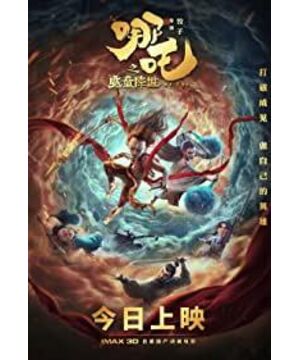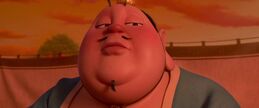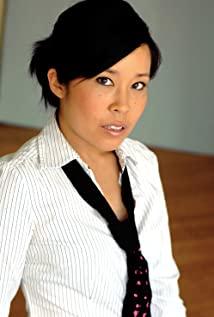After watching "The Devil Child of Nezha Comes into the World", I always feel uncomfortable.
The movie itself is quite good and meets the standards of all excellent commercial films. The new version of the plot keeps pace with the times, changing Nezha to an only child who has all the love of his parents. The setting of Nezha has become under the prejudice of the people of Chentangguan. A grown child, and it is very prominent that Mrs. Li Jingyin and his wife have devoted their love and education to Nezha. On the whole, the plot is loose or tight, and the producer has perfectly controlled every laughter and tears of the audience. I see more parents shedding tears in front of the big screen than children. The animation effect in the film is very good, and there are several shots with full budget, which fully shows the sincerity of the producer.
But I didn't feel the shock that I expected this subject to bring to me. The reason is probably that the aesthetic orientation of "Nezha's Devil Child Comes into the World" is really too middle-class?
Commercial cartoons, I really watch too much. I watched a lot of Disney cartoons in the 1990s. At that time, 3D was not popular. They were all hand-painted in 2D. I still like 101 Dalmatians, The Lion King and Mulan. I probably watched them all in my childhood. Several times, but most of Sleeping Beauty, Cinderella, Snow White can only say that they have greatly improved my art study, and the rest are like that. They belong to the kind of princess movies that you want to watch a second time when you learn English. . But none of these films can give me the shock every time I watch "Nezha Naohai", not to mention the artistic achievements of "Nezha Naohai", only the symbolic meaning of the plot and movie characters, I have watched it since I was a child. Many times in the old version of the movie, every time I saw Nezha raise his sword and kill himself, he felt that the sky was dark and sadness came from it. Nezha's image in "Nao Hai" represents an anti-patriarchal tide boy in a patriarchal society, and a pursuit of absolute justice. His suicide and his sacrifice were based on cutting off all secular kinship and social ties. determination. Such a motif, such a character, and the cultural accumulation brought about by this motif of Ne Zha were produced in a specific era, a specific production team, and the right time and place, and everything could not be replicated. Movies with a high artistic level, like the Soviet version of "War and Peace", cannot be seen in any Hollywood commercials.
However, in such a motif, it was defeated by middle-class values.
Which parent would take their children to see Nezha who committed suicide in order to resist the patriarchy?
Just ask which parents would like their children to hear lines like this - "Daddy, I will give you back your flesh and blood, and I will not hurt you."
As a parent, of course, you are willing to let your child see that the bear child is inspired by his parents to change his ways.
As parents, of course, I hope that children will not be limited by secular prejudice in their growth, but surpass their "own destiny".
Especially the Chinese, the Chinese who like the happy ending of father, kindness and filial piety, and Chinese parents who are more willing to pay for comedy and educational chicken soup.
The new version of Nezha's lines - "I have the final say on my life" is also the concept that Li Jing and his wife instill in their children. Li Jing and his wife devoted a lot of energy, emotion and social resources to Nezha, allowing Nezha to create the illusion that he was the "reincarnation of Lingzhu" in an isolated environment. Isn't this a portrayal of the high hopes that middle-class parents place on their children every day? The new version of Nezha is too young to have the ability to judge the authenticity of all this. People in Chentangguan said he was a monster, and he cried; Li Jing and his wife said he was "the reincarnation of Lingzhu", and he laughed; Shen Gongbao said he was "The reincarnation of the magic pill", he went berserk - why didn't Nezha be so obedient when he burned down the villagers' old houses. All in all, there are too many plot designs for commercial films in the film. Of course, as a commercial film, it is excellent, but whether I like it or not is not a matter of movie box office.
Of course, after all, as a face control person who wants to choose a neighborhood with high-value children when viewing a house, my discomfort is probably because Nezha is too ugly...
View more about Ne Zha reviews










